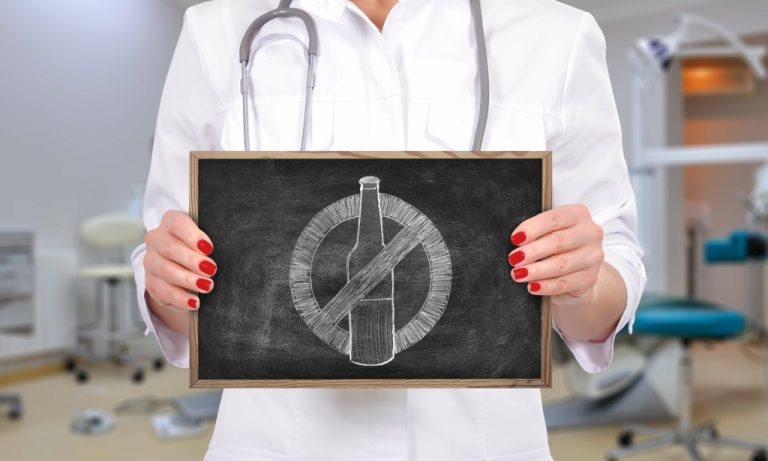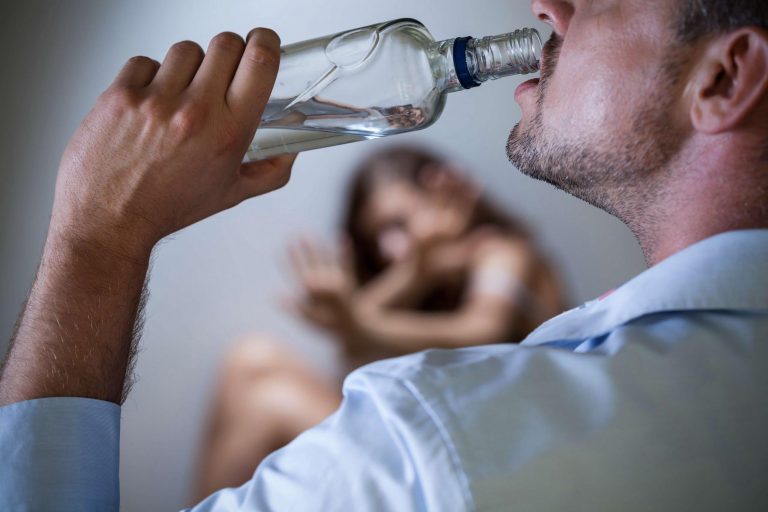PAWS typically occurs after the first few weeks or months of sobriety and can last for several months to a year or more. To understand how to prevent relapse, it is essential to drug addiction treatment first understand the relapse process itself. Relapse isn't a sudden event; it occurs over a period of time that can range from weeks to even months. Even though relapse is a well-recognized aspect of recovery from an addiction, many people attempting to quit an addiction will feel they have failed if they relapse. For additional guidance and advice on how to support yourself or someone else after a relapse, you may find it helpful to review these steps to take when a loved one relapses.If they respond well then the next thing to do is to remove any alcohol from the home and encourage them to call their sponsor or therapists.One of the best things you can do to avoid alcohol relapse is to create an environment that is conducive to sobriety.Addiction is a disease that causes imbalances in the brain's neurotransmitter (chemical messenger) systems.Affected neurotransmitter systems include the serotonin, opioid, and dopamine systems.Recovery is lifelong, and a relapse can happen at any time, even after years of not drinking. Why Detox Is Important for Alcohol Addiction Treatment Then, when that person becomes sober and experiences withdrawal, their body and their tolerance levels react accordingly, pushing their tolerance closer to normal. When a person then relapses on opioids, they take the same increased amount of …
What is a Relapse? Warning Signs, Triggers, & Treatment
PAWS typically occurs after the first few weeks or months of sobriety and can last for several months to a year or more. To understand how to prevent relapse, it is essential to drug addiction treatment first understand the relapse process itself. Relapse isn’t a sudden event; it occurs over a period of time that can range from weeks to even months. Even though relapse is a well-recognized aspect of recovery from an addiction, many people attempting to quit an addiction will feel they have failed if they relapse.
- For additional guidance and advice on how to support yourself or someone else after a relapse, you may find it helpful to review these steps to take when a loved one relapses.
- If they respond well then the next thing to do is to remove any alcohol from the home and encourage them to call their sponsor or therapists.
- One of the best things you can do to avoid alcohol relapse is to create an environment that is conducive to sobriety.
- Addiction is a disease that causes imbalances in the brain’s neurotransmitter (chemical messenger) systems.
- Affected neurotransmitter systems include the serotonin, opioid, and dopamine systems.
- Recovery is lifelong, and a relapse can happen at any time, even after years of not drinking.
Why Detox Is Important for Alcohol Addiction Treatment

Then, when that person becomes sober and experiences withdrawal, their body and their tolerance levels react accordingly, pushing their tolerance closer to normal. When a person then relapses on opioids, they take the same increased amount of opioids as they had before and the body isn’t ready to process that amount of drugs. Co-occurring disorders put you at higher risk for addiction relapse. If you’re not managing mental illness symptoms with therapy, medication, and healthy practices, you may feel an urge to self-medicate with alcohol.
Treatment
If you are struggling with alcohol addiction, we are here for you. Xenia Ellenbogen (she/they) is a journalist specializing in health, mental health, and wellness. Her writing has appeared in publications such as Everyday Health, Well+Good, Rewire News Group, Prism, and more. You’ll meet hundreds of fellow Reframers in our 24/7 Forum chat and daily Zoom check-in meetings. Receive encouragement from people worldwide who know exactly what you’re going through!
- It’s possible your emotions are the result of post-acute withdrawal syndrome (PAWS).
- But when you keep thinking about it, and start planning to do it, it’s time to get help.
- The reward center tells your brain and body that you need alcohol to survive.
- With a lapse, a person is able to quickly return to being on track with sober resources and behaviors after a temporary, minor mistake.
Therapy
Support from loved ones and professional resources plays a vital role in maintaining sobriety and preventing future relapses. During an Alcohol Relapse emotional relapse, you haven’t begun thinking about substance abuse as an option, but you’re experiencing difficulties that can put you at risk for relapse. This puts you at risk for relapse because you likely dealt with these uncomfortable feelings by drinking alcohol in the past. The stages of relapse include emotional, mental, and physical phases that represent a progressive path toward potential substance use.

When a person’s self-efficacy is low, they may have a hard time believing in their ability to maintain sobriety. Addiction is a disease that causes imbalances in the brain’s neurotransmitter (chemical messenger) systems. Affected neurotransmitter systems include the serotonin, opioid, and dopamine systems. If you’ve experienced a relapse, your next steps are important. Your current insurance benefits could reduce your upfront costs. Verify your insurance today – treatment could be more affordable than you think.

